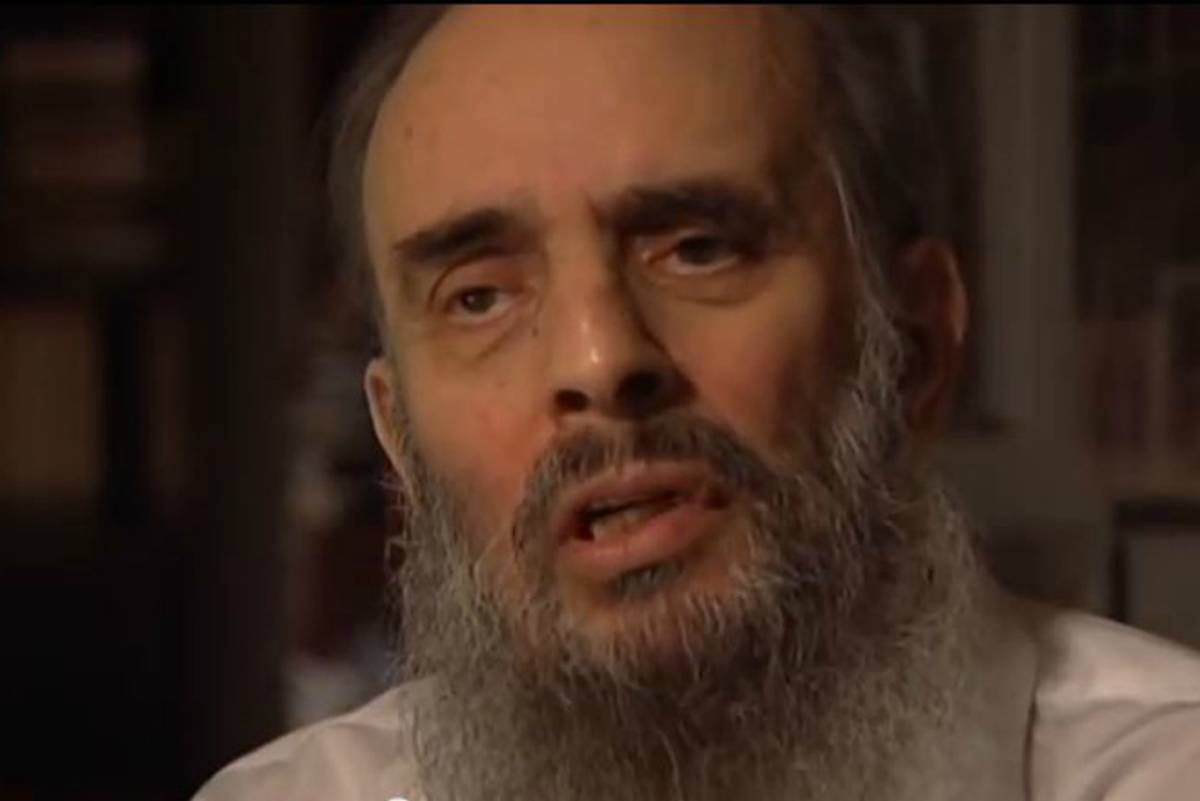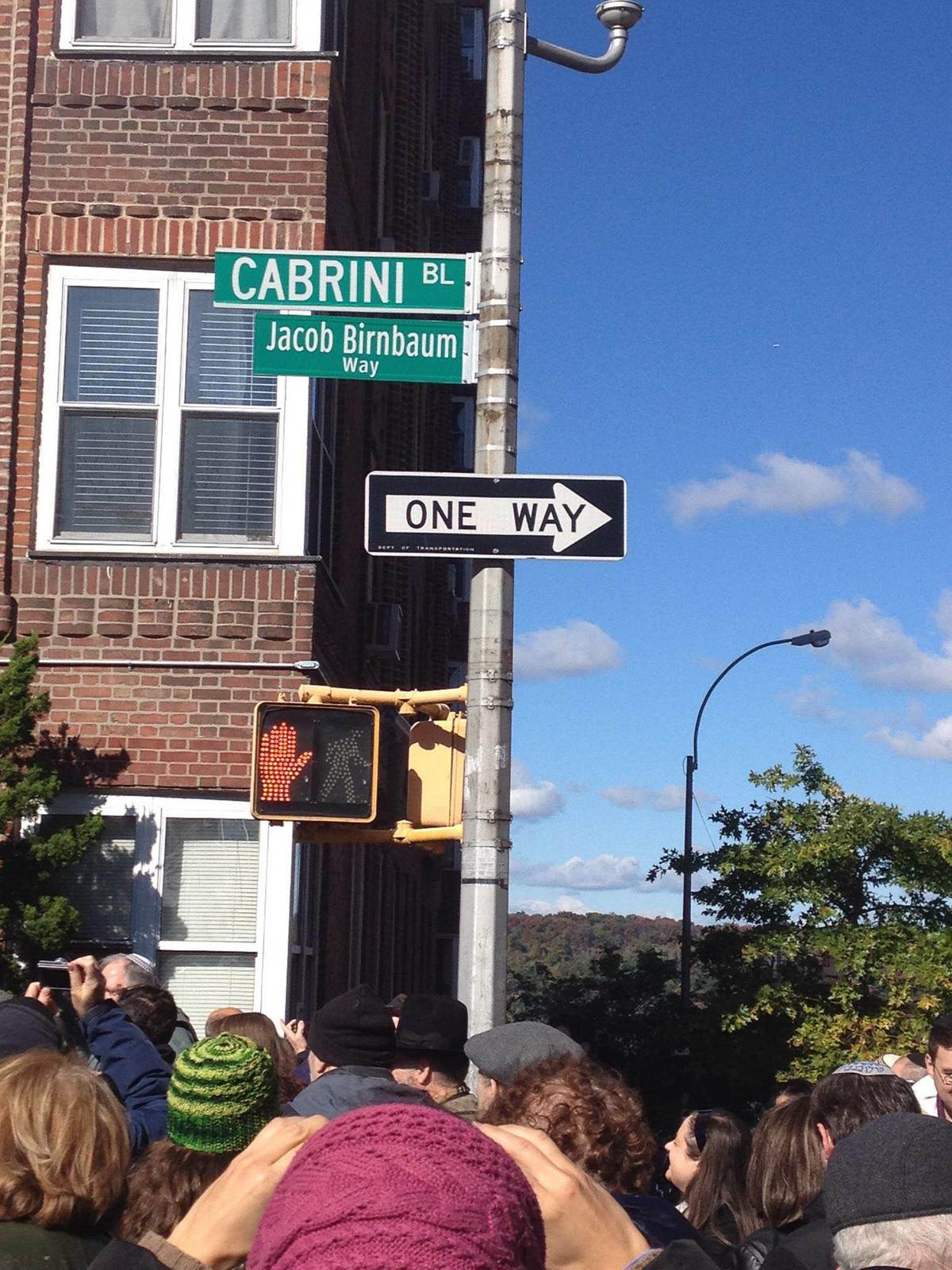
Last Sunday, a street in the New York City neighborhood of Washington Heights, near Yeshiva University, was dedicated in honor of Jacob Birnbaum, the founder of the Student Struggle for Soviet Jewry. Birnbaum, who died last April at the age of 87, believed that “Soviet Jewry could not be allowed to suffer the same fate as Jews who had fallen under the shadow of Nazi Germany,” wrote Tablet contributor Pini Dunner, so he took it upon himself to make that happen:
Birnbaum’s modus operandi was simple. He lived in Washington Heights, in the vicinity of Yeshiva University. So he would visit the YU dormitories every evening, night after night, and knock on students’ doors to cajole them, and convince them, and energize them, and enable them, and organize them, to become foot soldiers in his campaign to bring the plight of Soviet Jewry to the attention of the world, and principally to the attention of those in power. It is fair to say that he single-handedly forced the Soviet Jewry agenda onto the desks of congressmen, senators, diplomats and even Presidents. Most famously he coined the phrase “Let My People Go!” as the rallying call of the struggle for Soviet Jewry.

An editorial in The Jewish Week continues the description of his grassroots activism, or even, as some would rightly call it, his heroism:
A poor but regal European refugee in New York, he wanted to pull off a prison break for the ages, springing almost two million Jews from the Soviet Union dictatorship after decades of persecution and prison camps. Leading refuseniks such as Yosef Mendelevitch credit Birnbaum with inspiring activists inside the Iron Curtain. In New York, he ignited Jewish student activism unmatched before or since, mentoring dozens to positions of influence and leadership.
Last Sunday morning, a group of people gathered at 187th St. and Cabrini Blvd., where he lived with his wife Freda until his death, for a ceremony honoring the co-naming of Cabrini Blvd., “Jacob Birnbaum Way.”
Freda Birnbaum told Tablet: “Several people commented to me afterward that it was very fitting that it was “Jacob Birnbaum Way” as distinct from “Place,” because he developed a way of life of service, and, as we might say colloquially, “walked the walk” (a fitting expression recalling all those marches!). Someone further commented that it was fitting that a piece of Cabrini Blvd. was the street to be named, in light of the fact that Mother Cabrini did so much for immigrants as well!
“[Though] he did not do it to collect accolades, [i]t is fitting that he be recognized.”
During her speech, Freda Birnbaum provided the following comments:
Just as the Soviet Jewry movement involved Jews from all parts of the Jewish world, from the intensely religious to the secular, and extended also to non-Jews, it was good to see so many parts of the community represented at this event. We see that when things need to be fixed, people can get together and do it.
I am not usually known for quoting Ronald Reagan, but he famously said, “There’s no limit to what you can accomplish if you don’t care who gets the credit”. That so captures Yaakov’s life work: he did it in spite of opposition and difficulty because it had to be done, because it was the right thing to do, not to collect accolades. But it is very satisfying to have your work acknowledged, and by people you respect. In our Sabbath morning prayers, there is a phrase that stood out for me recently: “Moses rejoiced in the gift of his portion, that God called him a faithful servant.” That’s pretty hard to top.
The crowd also sang “Am Yisrael Chai,” a song Birnbaum inspired Shlomo Carlebach to write.
Jonathan Zalman is a writer and teacher based in Brooklyn.